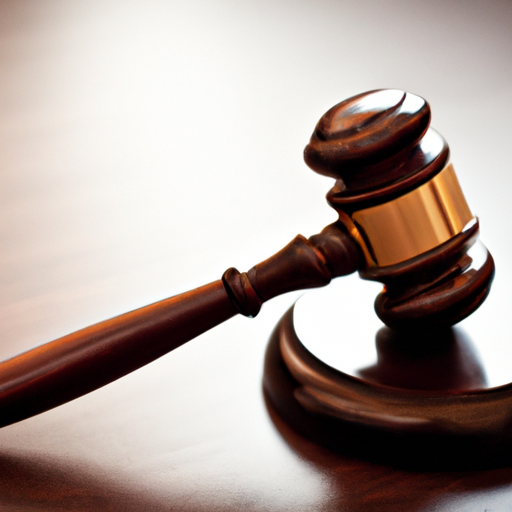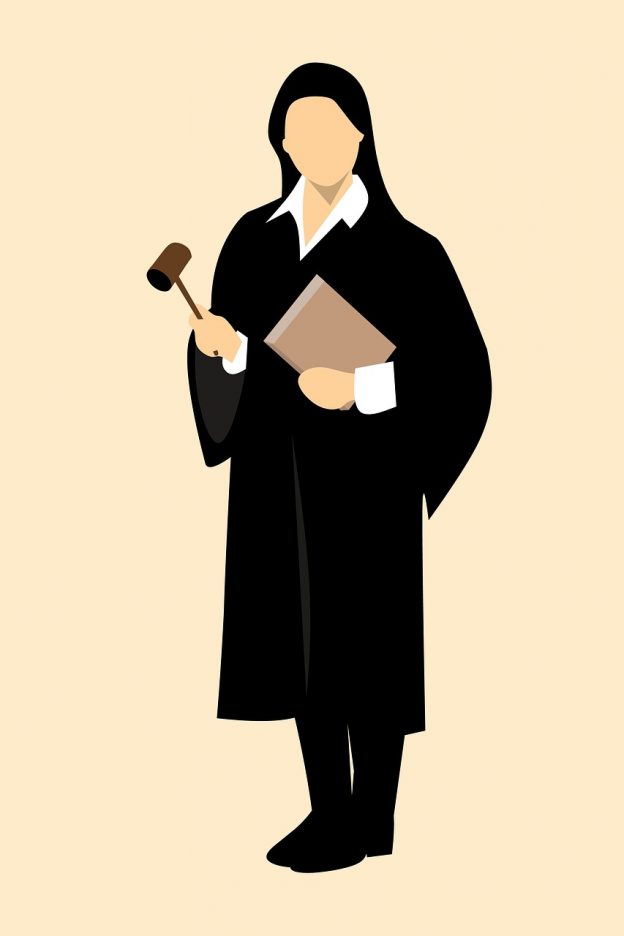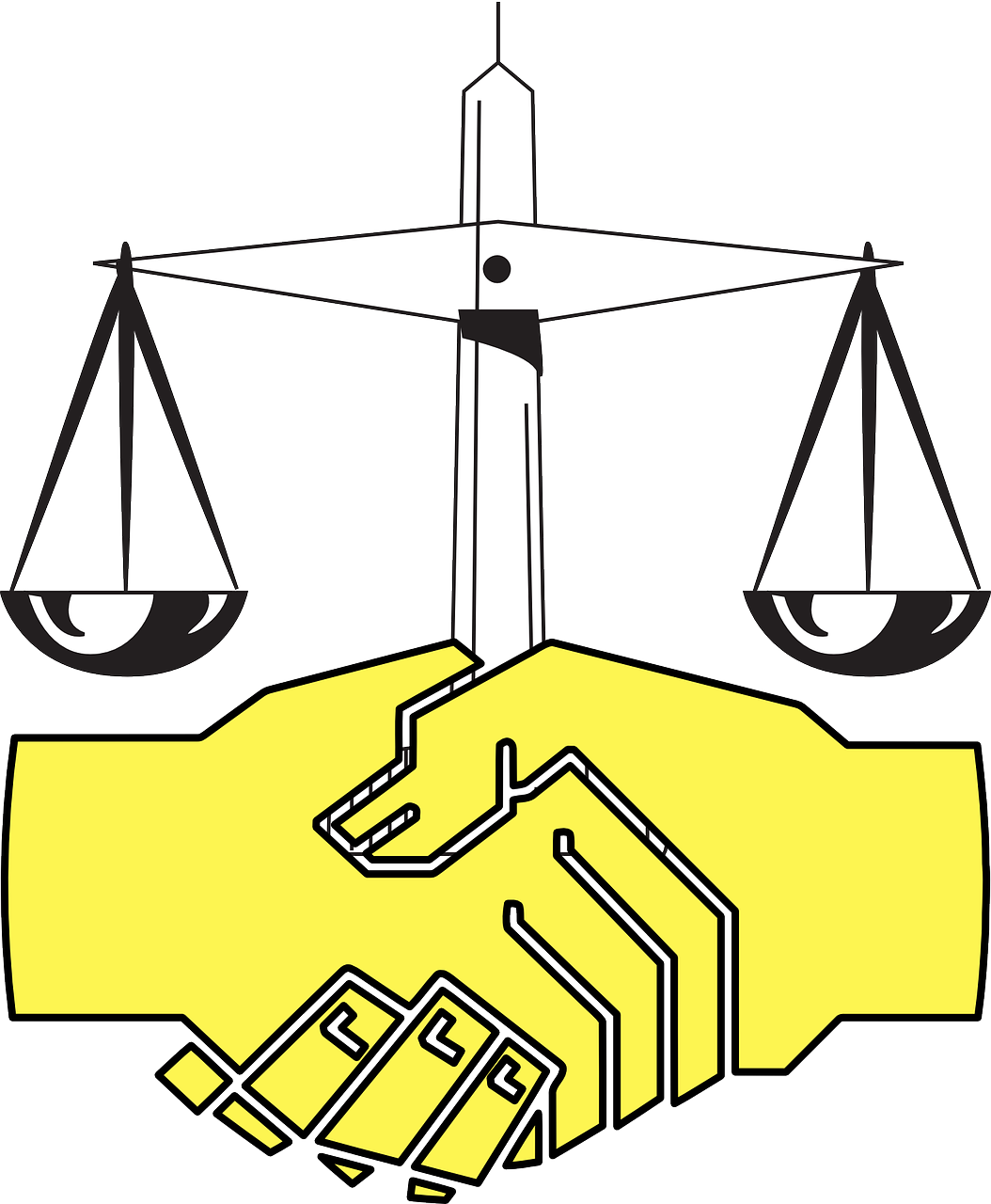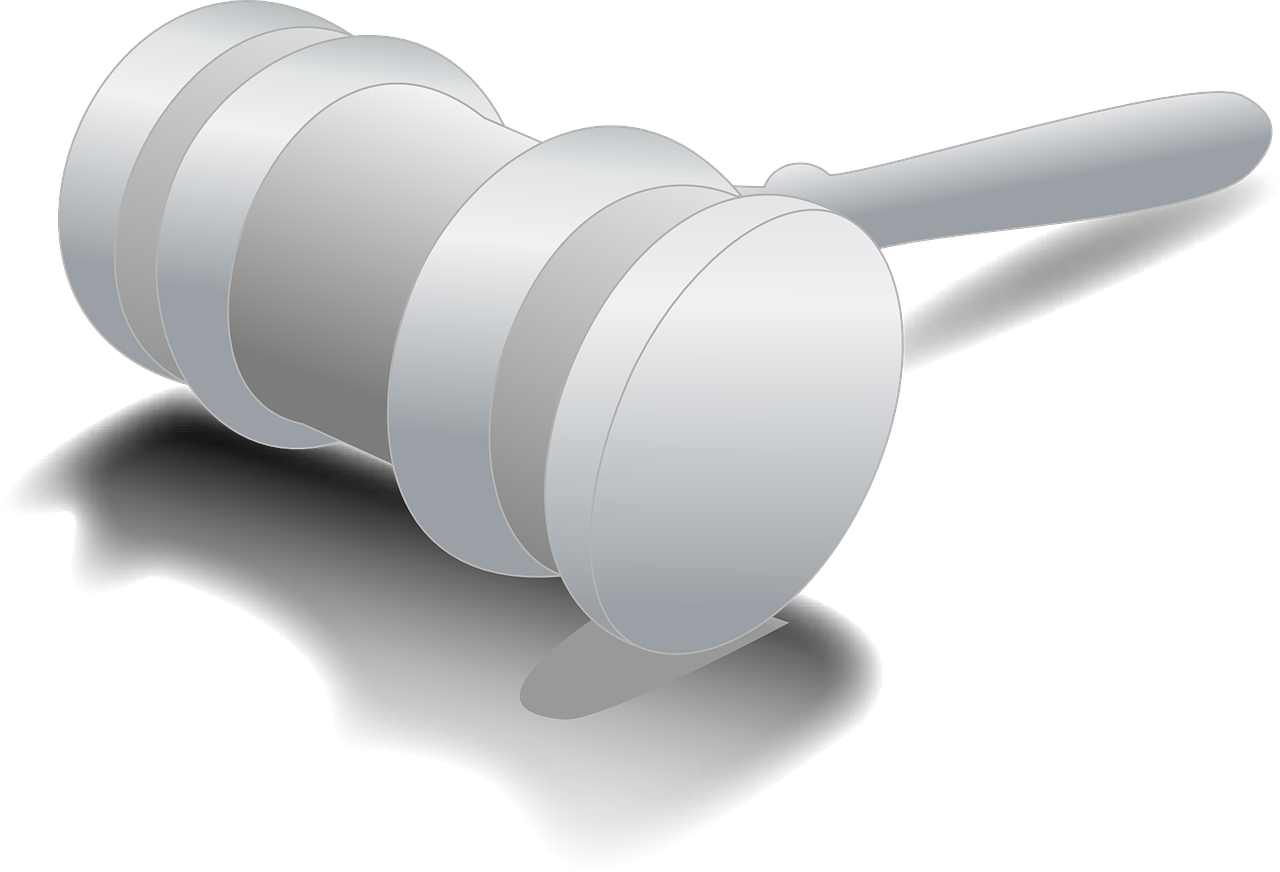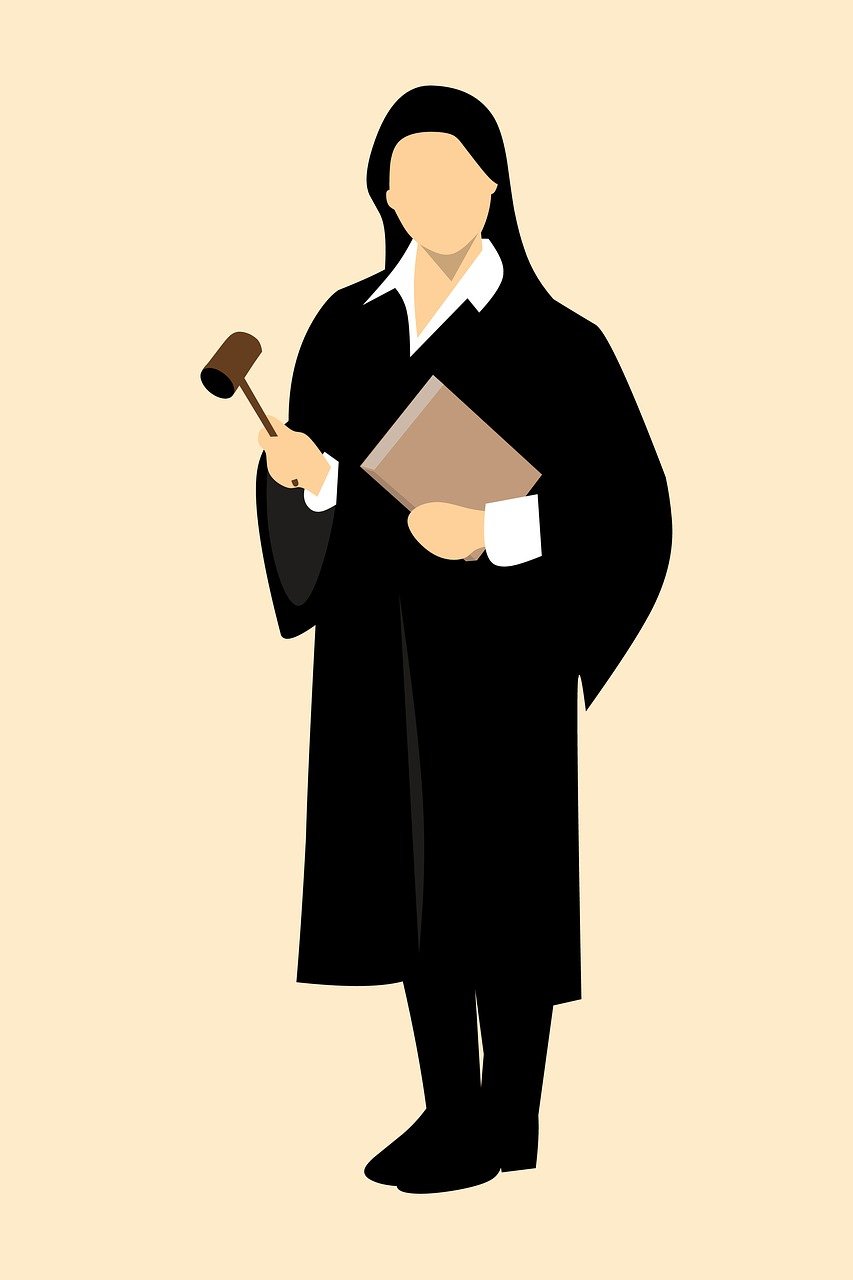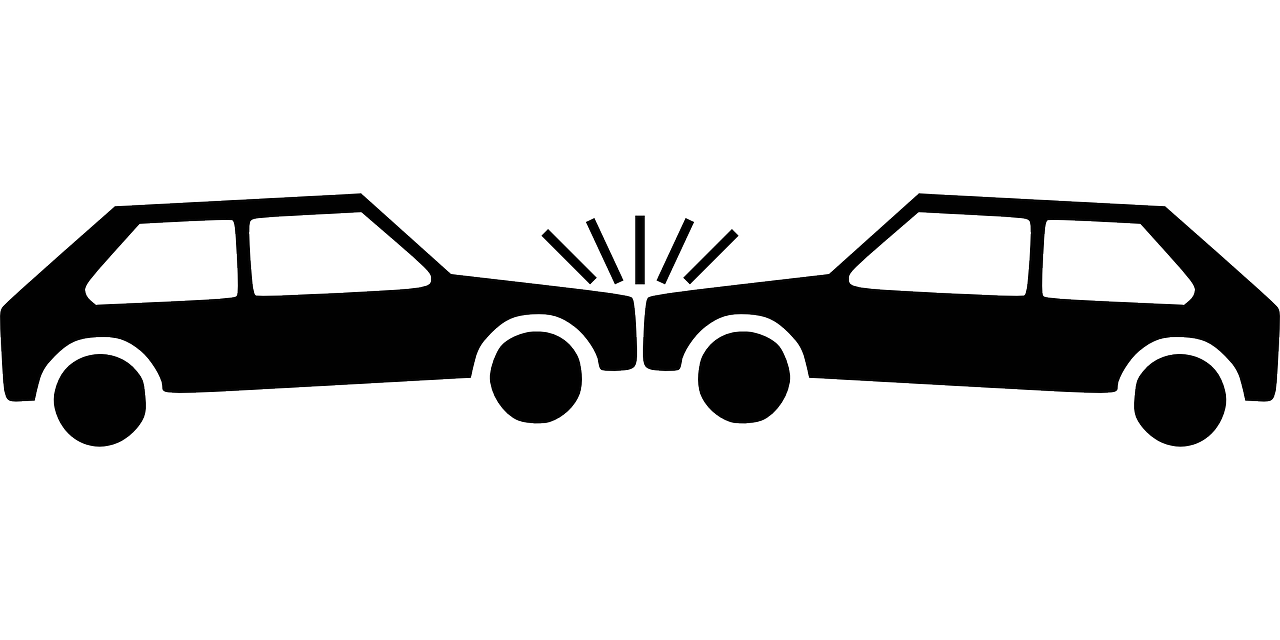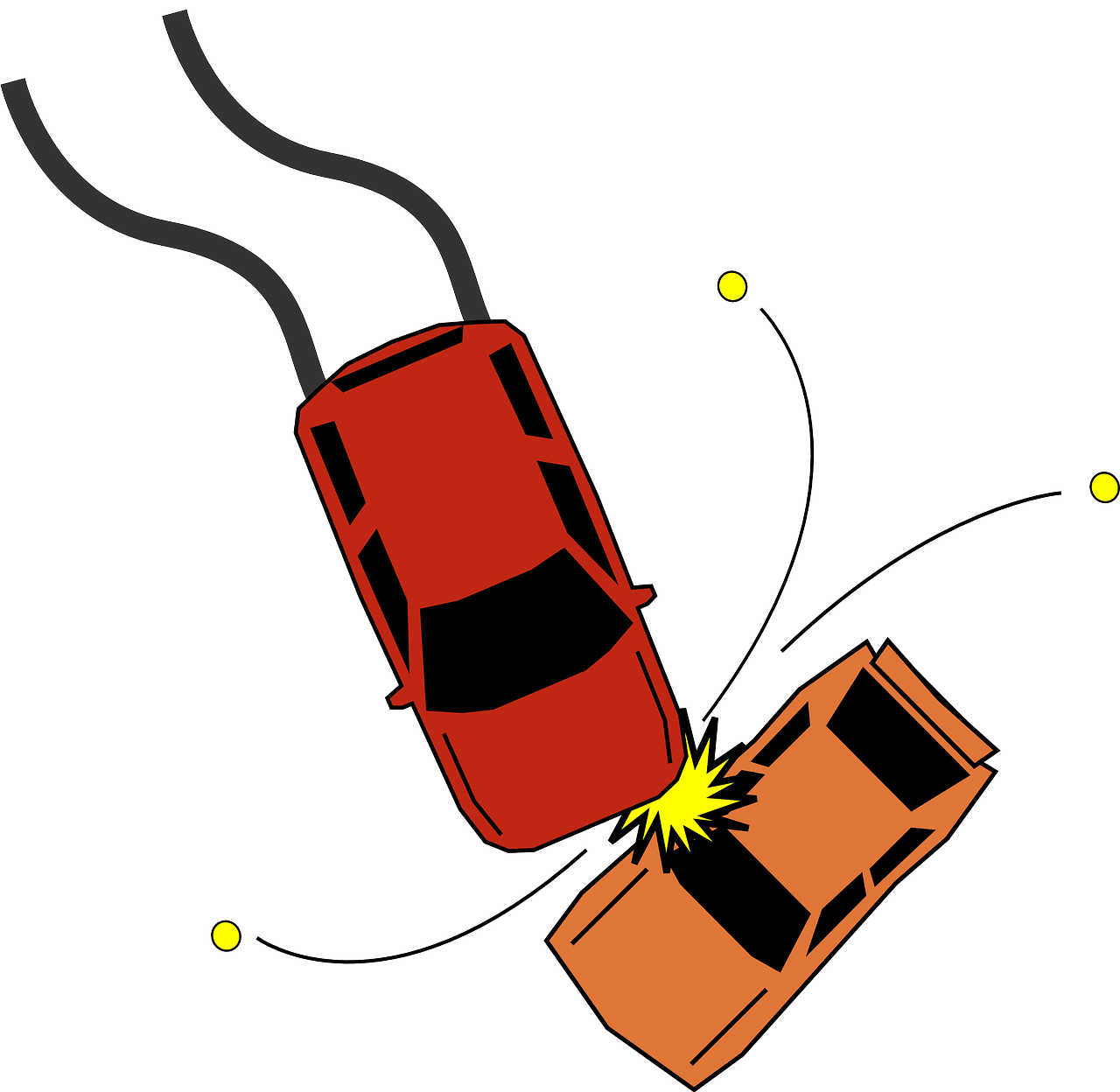If you’re in need of legal advice or representation, look no further than attorney Jeremy Eveland. As a skilled solicitor, he possesses the expertise and knowledge to handle a wide range of legal matters. Whether you’re facing a complex divorce, need assistance with estate planning, or require guidance on personal injury claims, Jeremy Eveland is the attorney to turn to. With his extensive experience and dedication to his clients, he provides reassurance and guidance in navigating through common legal concerns. By optimizing the content of this article and including relevant keywords, the goal is to compel you to take the next step and seek assistance promptly. So, if you’re seeking comprehensive and exhaustive information on the subject, read on and discover why attorney Jeremy Eveland is the lawyer you should trust.
What is a Solicitor?
A solicitor is a legal professional who provides expert advice and guidance on various legal matters. They play a crucial role in the legal system, helping individuals and organizations navigate the complexities of the law. Whether you need assistance with a personal matter, such as buying a property or drafting a will, or require representation in a legal dispute, a solicitor is your go-to resource.
Definition
A solicitor is a lawyer who primarily deals with non-litigious legal matters. Unlike barristers who specialize in courtroom advocacy, solicitors focus on providing legal advice and services to clients. They handle a wide range of legal issues, including property transactions, contract negotiation, family law matters, and more. Solicitors work closely with their clients to understand their unique needs and provide effective solutions tailored to their specific situation.
Role and Responsibilities
The role of a solicitor encompasses various responsibilities, all aimed at helping clients navigate the legal landscape. Some of the primary duties of a solicitor include:
-
Providing legal advice: Solicitors offer expert legal advice to clients, explaining their rights, obligations, and potential courses of action. They ensure that clients understand the legal implications of their choices and make informed decisions.
-
Drafting documents: Solicitors help prepare legal documents such as contracts, wills, and agreements. They ensure that these documents adhere to all relevant laws and regulations, protecting the interests of their clients.
-
Negotiating on behalf of clients: Solicitors possess excellent negotiation skills, which they use to represent their clients’ best interests. Whether it’s settling a dispute or finalizing a contract, solicitors work to achieve favorable outcomes for their clients through effective negotiation.
-
Representing clients in court: While solicitors typically handle non-litigious matters, they may also represent clients in court for certain cases. Whether it be a criminal defense case or a civil lawsuit, solicitors can advocate for their clients in the courtroom.
Qualifications and Training
Becoming a solicitor requires extensive education and training. In most countries, including the United Kingdom, solicitors must obtain a law degree and then complete a period of practical training. This training typically involves working at a law firm or undergoing a professional legal apprenticeship. After completing their training, solicitors must pass a qualifying examination to obtain their practicing license.
Solicitors also have the option to specialize in a particular area of law. This specialization allows them to develop in-depth knowledge and expertise in specific legal fields, such as family law, corporate law, or criminal defense. By specializing, solicitors can better serve the unique needs of their clients and provide top-quality legal advice and representation.
Different Types of Solicitors
Solicitors can specialize in various areas of law to cater to the diverse needs of their clients. Here are some different types of solicitors you may encounter:
General Practice Solicitors
General practice solicitors handle a wide range of legal matters and provide comprehensive legal services to individuals and organizations. They are versatile professionals who can offer guidance on various legal issues, including property law, contract law, family law, and more. General practice solicitors are often the first point of contact for individuals seeking legal assistance.
Specialized Solicitors
Specialized solicitors focus on a specific area of law, allowing them to develop extensive expertise and knowledge in that particular field. Whether it’s commercial law, employment law, or intellectual property law, specialized solicitors possess a deep understanding of the intricacies involved, providing specialized advice and representation to clients with specific legal needs.
Corporate Solicitors
Corporate solicitors specialize in business law and provide legal guidance and representation to companies of all sizes. They assist businesses with a wide range of legal matters, including company formation, contract negotiation, mergers and acquisitions, intellectual property protection, and employment law compliance. Corporate solicitors play a vital role in ensuring that businesses operate within the bounds of the law and protect their interests.
Criminal Defense Solicitors
Criminal defense solicitors work with individuals who have been accused of criminal offenses. They provide legal representation throughout the criminal justice process, ensuring that their clients’ rights are protected and that they receive a fair trial. Criminal defense solicitors work diligently to build a strong defense strategy, gather evidence, and advocate for the best possible outcome for their clients.
Family Law Solicitors
Family law solicitors specialize in legal matters involving family relationships, including divorce, child custody, adoption, and domestic violence. They provide compassionate guidance and support to individuals navigating complex family-related legal issues, helping them understand their rights and responsibilities. Family law solicitors aim to achieve amicable resolutions whenever possible, prioritizing the best interests of the families involved.
When to Hire a Solicitor
Knowing when to hire a solicitor is essential to ensure that you receive the necessary legal guidance and representation. Here are some common scenarios where hiring a solicitor is highly recommended:
Legal Advice and Consultation
If you find yourself in a situation where you require legal advice, consultation, or clarification regarding your rights and obligations, it’s best to consult with a solicitor. They can assess your situation, provide accurate legal advice, and help you understand the potential outcomes of your choices.
Contracts and Agreements
When entering into any significant contract or agreement, seeking legal counsel is crucial. A solicitor can review the terms and conditions, identify any potential risks or disadvantages, negotiate changes if needed, and ensure that your interests are protected.
Litigation and Disputes
In case you are involved in a legal dispute or facing a lawsuit, hiring a solicitor is essential. They will guide you through the legal process, analyze the merits of your case, gather evidence, and represent your interests in court. A solicitor’s expertise in litigation can significantly increase your chances of a favorable outcome.
Property Transactions
Whether you’re buying or selling property, having a solicitor by your side is highly recommended. They will handle the legal aspects of the transaction, including title searches, contract preparation, and conveyancing. A solicitor will ensure that all necessary legal requirements are met, protecting you from potential pitfalls and legal complications.
Wills and Probate
When dealing with matters of estate planning and probate, consulting a solicitor is prudent. They can help you draft a comprehensive will, ensuring that your assets are distributed according to your wishes. In cases of probate, a solicitor will guide the executor through the legal process, dealing with any complexities that may arise.
How to Find a Solicitor
Finding the right solicitor for your needs is crucial to ensure that you receive the best legal representation and guidance. Here are some methods to help you find a suitable solicitor:
Personal Recommendations
One of the most effective ways to find a reliable solicitor is through personal recommendations. Ask friends, family, or colleagues if they have had positive experiences with any solicitors. Their first-hand experiences can provide valuable insights and help you make an informed decision.
Lawyer Directories
Online lawyer directories can be a great starting point for finding solicitors in your area. These directories typically provide information on solicitors’ practice areas, qualifications, and contact details, allowing you to narrow down your options based on your specific legal needs.
Online Platforms
There are numerous online platforms that connect clients with solicitors, making the search process more accessible and convenient. These platforms often provide reviews and ratings from previous clients, giving you an idea of a solicitor’s reputation and quality of service.
Professional Associations
Consulting professional associations, such as the Law Society, can be an excellent way to find solicitors who meet the highest professional standards. These associations typically have directories of solicitors who specialize in various areas of law and can provide valuable resources and guidance.
Benefits of Hiring a Solicitor
Hiring a solicitor offers numerous benefits when dealing with legal matters. Here are some advantages of enlisting the services of a solicitor:
Expert Legal Knowledge
Solicitors possess extensive legal knowledge and expertise that they can apply to your case. Their in-depth understanding of the law allows them to provide accurate advice, analyze complex legal issues, and devise effective strategies to achieve the best possible outcomes.
Representation and Advocacy
In legal disputes or court proceedings, having a solicitor to represent you can make a significant difference. Solicitors are skilled advocates who can present your case persuasively and protect your interests. Their experience and knowledge of courtroom procedures ensure that you have the best chance of a favorable resolution.
Negotiation Skills
Solicitors are trained negotiators who can handle complex negotiations on your behalf. Whether it’s a business contract, a settlement agreement, or a family dispute, solicitors can use their negotiation skills to reach fair and favorable agreements, saving you both time and money.
Peace of Mind
By hiring a solicitor, you can have peace of mind knowing that your legal affairs are in capable hands. Solicitors guide you through the legal process, handle all necessary paperwork, and ensure that your rights are protected. This allows you to focus on other aspects of your life while knowing that an experienced professional is taking care of your legal matters.
Costs and Fees
Understanding the costs and fees associated with hiring a solicitor is essential for effective financial planning. The fees charged by solicitors can vary depending on factors such as the complexity of the case, the amount of work required, and the solicitor’s experience. Here are some common fee structures:
Hourly Rates
Many solicitors charge an hourly rate for their services. The rate can vary depending on the solicitor’s experience and expertise. Hourly rates can be beneficial for straightforward matters that require minimal time and effort. However, they can add up quickly, so it’s important to discuss and agree upon the rate with your solicitor beforehand.
Fixed Fees
Some solicitors offer fixed fees for specific legal services. This arrangement provides transparency and clarity regarding the total cost of the service. Fixed fees are commonly used for simple legal matters, such as drafting a will or reviewing a contract. It allows clients to budget accordingly and avoid any surprises.
Conditional Fee Arrangements
Conditional fee arrangements, also known as “no win, no fee” agreements, are commonly used in personal injury cases. With this arrangement, the solicitor agrees to represent the client without charging any fees upfront. Instead, the solicitor’s fees are contingent upon winning the case. If the case is successful, the solicitor will receive a percentage of the compensation awarded.
Legal Aid
Legal aid is a government-funded program that provides free or reduced-cost legal assistance to individuals who meet certain financial criteria. It is available for specific types of cases, such as criminal matters or family law disputes. Eligibility for legal aid is determined based on income and assets. If you believe you may qualify for legal aid, it is important to inquire about the program and check with your solicitor.
What to Expect During a Solicitor Consultation
During a solicitor consultation, you can expect the following:
Gathering Information
The solicitor will ask you various questions to gather information about your case or legal matter. It is important to provide accurate and comprehensive information to ensure that the solicitor has a clear understanding of your situation.
Assessment of Legal Situation
The solicitor will analyze the information you provided, assess the legal aspects of your case, and determine the strength of your position. They will explain the potential legal options available to you and provide an honest assessment of the possible outcomes.
Discussion of Solutions
Based on their analysis, the solicitor will discuss potential solutions or courses of action. They will explain the advantages and disadvantages of each option and help you make an informed decision about the best way forward.
Explaining Costs and Fees
During the consultation, the solicitor will explain the costs and fees associated with their services. They will provide an estimate of the costs involved, including any additional expenses such as court fees or expert witness fees. It is crucial to have a clear understanding of the financial implications before proceeding.
Client-Solicitor Relationship
If you decide to hire the solicitor, the consultation will mark the start of your client-solicitor relationship. You will discuss the terms of engagement, sign any necessary documents, and establish clear lines of communication. It is important to maintain open and honest communication with your solicitor throughout your case.
Common Legal Concerns Handled by Solicitors
Solicitors handle a wide range of legal concerns. Here are some common areas where solicitors can provide valuable assistance:
Divorce and Family Law
Solicitors specializing in family law can assist individuals with divorce, child custody matters, prenuptial agreements, and domestic violence issues. They navigate the complexities of family law and prioritize the well-being of the parties involved.
Criminal Offenses
If you are facing criminal charges, a criminal defense solicitor can provide legal representation and ensure that your rights are protected throughout the legal process. They work diligently to build a strong defense strategy and obtain the best possible outcome for your case.
Employment Law
Employment law solicitors handle legal matters related to employment contracts, workplace disputes, discrimination claims, and unfair dismissal cases. They ensure that both employers and employees understand their rights and obligations under employment law.
Property Disputes
Solicitors specializing in property law can assist with disputes involving property ownership, boundary disputes, landlord-tenant conflicts, and property development issues. They help resolve conflicts and ensure that your property rights are protected.
Personal Injury Claims
If you have suffered an injury due to someone else’s negligence, a personal injury solicitor can help you pursue a compensation claim. They gather evidence, negotiate with insurance companies, and advocate for your rights, ensuring that you receive the compensation you deserve.
Wills and Estate Planning
Solicitors specializing in wills and estate planning assist individuals in creating comprehensive estate plans, including wills, trusts, and powers of attorney. They ensure that your assets are distributed according to your wishes and help minimize the potential for disputes or legal challenges.
Choosing the Right Solicitor for Your Case
Selecting the right solicitor for your case is crucial to ensure a positive outcome. Consider the following factors when choosing a solicitor:
Experience and Expertise
Look for solicitors who have experience and expertise in the specific area of law relevant to your case. A solicitor with specialized knowledge can provide a higher level of service and offer tailored solutions to your legal concerns.
Track Record and Reputation
Research the solicitor’s track record and reputation. Look for reviews, testimonials, or case studies that demonstrate their past successes and client satisfaction. A solicitor with a reputable track record is more likely to provide exceptional service and representation.
Communication and Accessibility
Choose a solicitor who values open communication and is readily accessible. The ability to communicate effectively with your solicitor is crucial for a smooth and successful legal process. Ensure that the solicitor promptly responds to your inquiries and keeps you informed about the progress of your case.
Client Reviews and Testimonials
Read client reviews and testimonials to gain insights into the solicitor’s reputation and quality of service. Hearing from previous clients can give you a better understanding of what to expect and help you make an informed decision.
Frequently Asked Questions
How much does it cost to hire a solicitor?
The cost of hiring a solicitor can vary depending on the complexity of your case, the services required, and the solicitor’s experience. It is best to discuss fees and payment arrangements with your solicitor during the initial consultation.
What if I can’t afford legal fees?
If you are unable to afford legal fees, you may be eligible for legal aid, a government-funded program that provides free or reduced-cost legal assistance. Check with your solicitor or local legal aid office to determine if you qualify.
How long does a solicitor consultation last?
The duration of a solicitor consultation can vary depending on the complexity of your case and the amount of information to be discussed. Most consultations typically last between 30 minutes to an hour. It is best to confirm the expected duration with your solicitor beforehand.
In conclusion, a solicitor plays a crucial role in providing expert legal advice, representation, and guidance. Whether you are dealing with a personal matter, a business transaction, or a legal dispute, hiring a solicitor is highly beneficial. They possess the necessary expertise and knowledge to navigate the complexities of the law and ensure that your rights and interests are protected. By understanding the different types of solicitors, knowing when to hire a solicitor, and how to find the right one for your case, you can make informed decisions and seek the legal assistance you need. Remember to consult with a solicitor promptly when facing legal concerns to receive timely and effective guidance.








